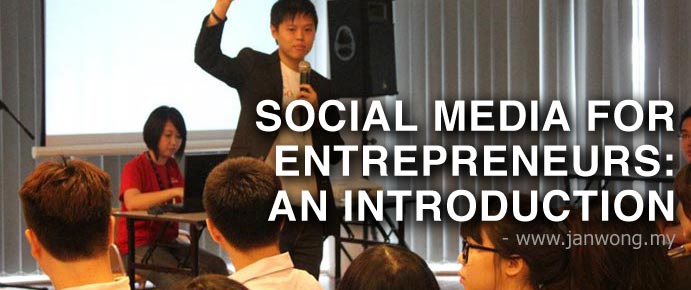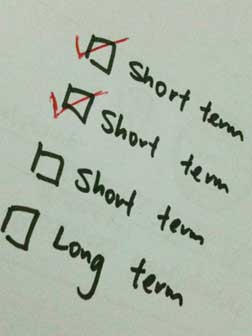My One Big Lesson Learnt in 2017
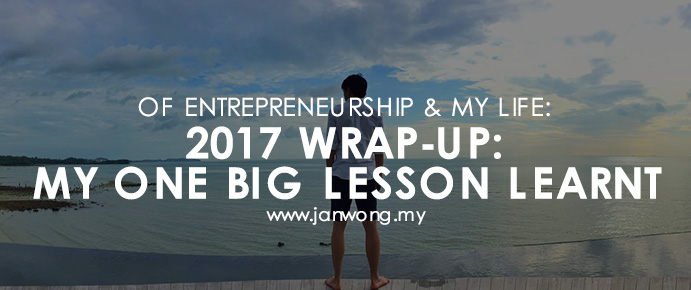
The year was a train wreck, an avalanche, a catastrophe. I started the year with so much hope, aspirations and dreams. In fact, it was a year I felt that it will be the best yet; only to end the year with everything that can go wrong. Everything collided, went up in flames and caused much distraught from all aspects including mental, emotional, physical, and spiritual. I hated the days, the nights, the celebrations – Christmas, now the new year, and practically everyday.
2017 became the longest year in my life
I never knew time could pass so slowly. As I struggled daily, I was still required to a strong front with friends, colleagues and at home. At other times, I’ll need to be the positive, motivational and entrepreneurial person I’m expected to be. People told me to “talk to someone”, “take things easy”, “chill”, “the darker it is, the brighter the light will be”, “pray”, and the list goes on but really, it’s easier said than done. Not forgetting those that gives “advice” but what they are really doing is to judge.
It has been a really dark year and when the K-Pop celebrity Jonghyun left his final note, I could relate. The words he wrote perfectly described how I felt – the emptiness, loneliness, the people around, their expectations vs mine, and why things aren’t exactly working out despite “encouragements”.
Nonetheless, here I am, typing this post 4 hours before 2017 ends, still alive and breathing despite still at my lows.
Through the many months of thinking, pondering, debating, evaluating, analysing and questioning, I came to realise the cause of all of it was a fundamental one.
I let my guard down
You see, I’ve spent my entire life building my career, trying to achieve what is expected of me as a business partner, an entrepreneur, the oldest son in the family, a leader in church, and a partner in my relationship. Does that sound okay to you? If you answered yes, that’s exactly where the problem was for me.
In my pursuit of career, I allowed other areas that are more important to slip, thinking that they could be compensated when the time comes and that I am capable to do that. I continued to pursue “success” over the years, having grown OpenMinds to where it is today with a growing valuation y-o-y in the millions with regional presence, having the privilege to coach and mentor startups, having the opportunities to share my knowledge across different media channels including TV, radio, printed and online media, and of course, the prestigious recognition given by Forbes on the 30 Under 30 Asia list.
I thought I was careful enough and that I could manage all of it – and that’s where I let my guard down. To be honest, I didn’t even know that happened. I allowed myself to be swept away by all that is happening thinking I am fully aware and capable.. only to realise that I am not in the end.
Because of that, I made a ton of mistakes, huge unforgivable ones that has caused many to hurt and severed relationships that I worked so hard to protect.. both knowingly and unknowingly. The guilt combined with the realisation, created months of dark, suffocating days.
What I’ve learnt (the extremely hard way) is that you should never, ever, let your guard down. It’s great to have big dreams and aspirations but in your journey of achieving them, never let your guard down. Never allow yourself to say “It’s okay, I’m bigger than the situation” no matter how capable you think you are.
The higher you go, the higher and greater the guard you need.
That’s my take on 2017 going into 2018. I’ll need to pick up whatever pieces I can find, rebuild my fundamentals, and put up my guards again. There’s no sugar coating it – it’s going to be an extremely tough one, but I’ll do it to the best I can.

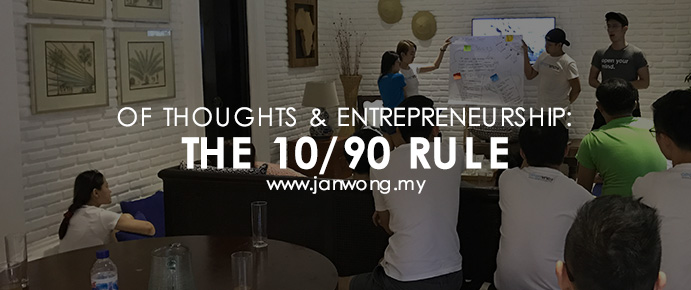
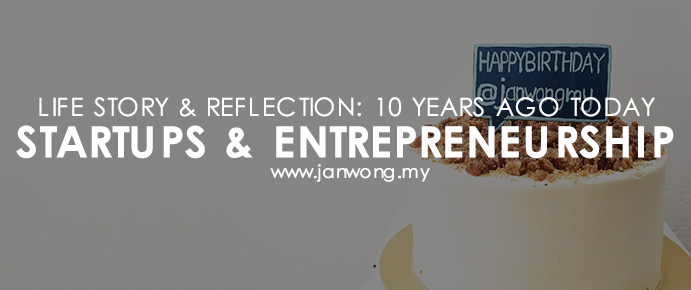
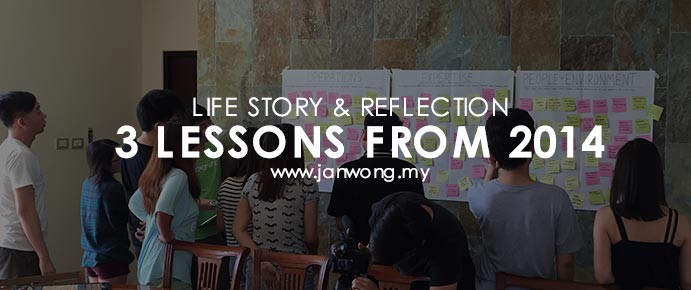
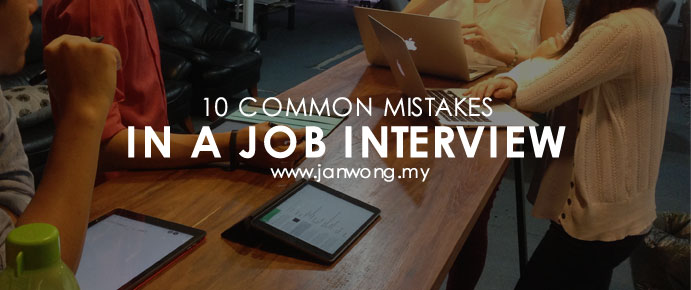
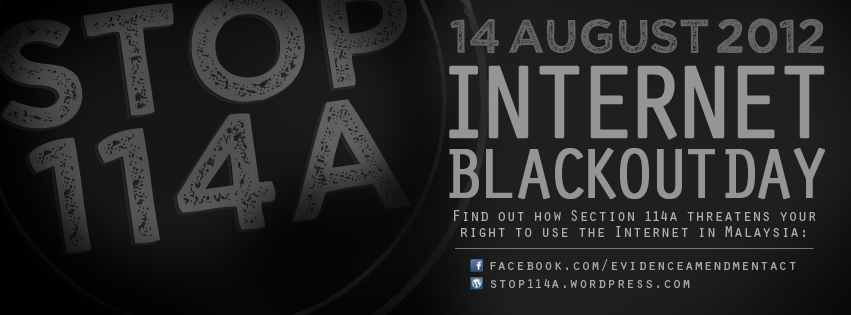
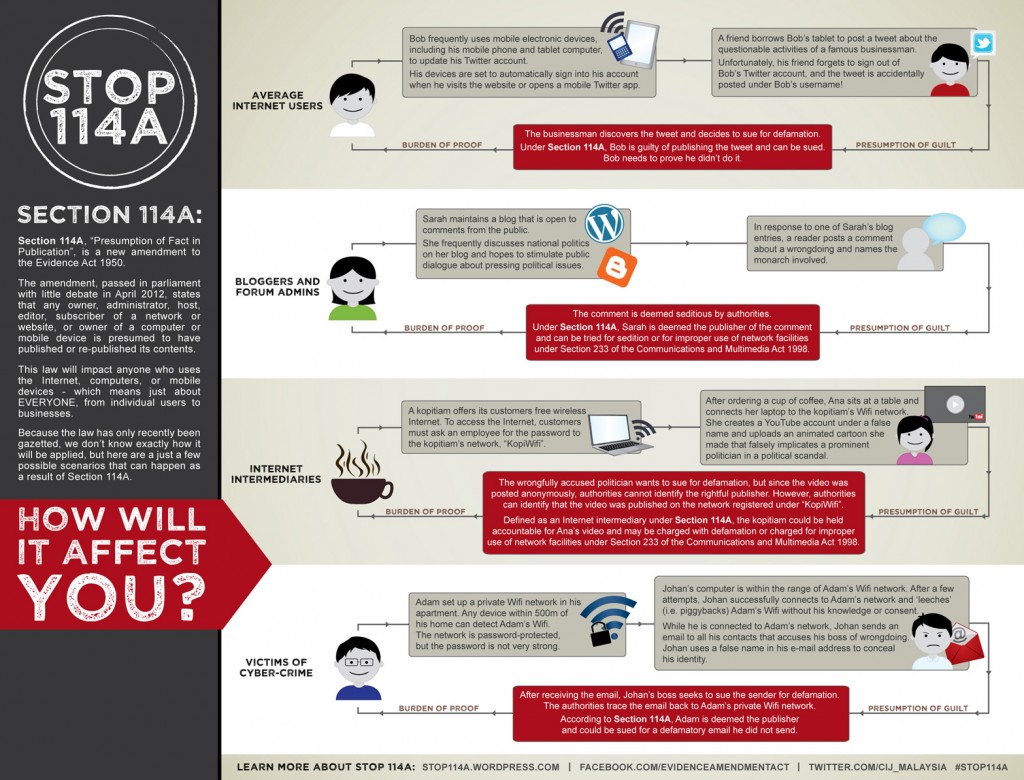
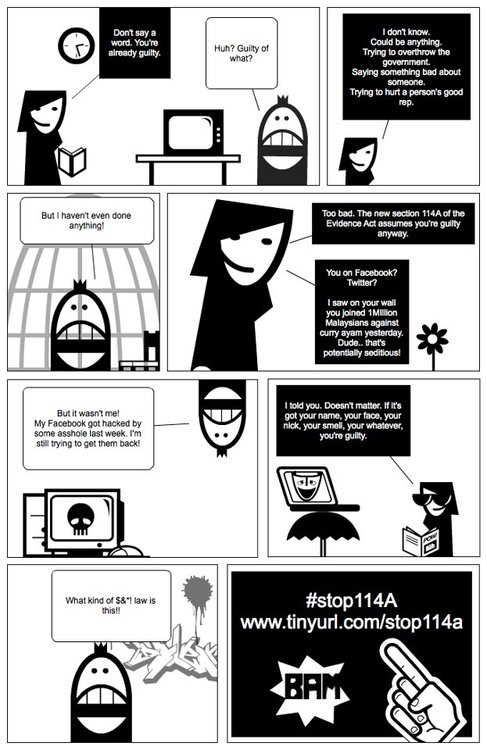

![FB - Socially Devoted Countries [2012] FB - Socially Devoted Countries [2012]](http://www.janwong.my/blog/wp-content/uploads/2012/08/FB-Socially-Devoted-Countries-2012.png)

